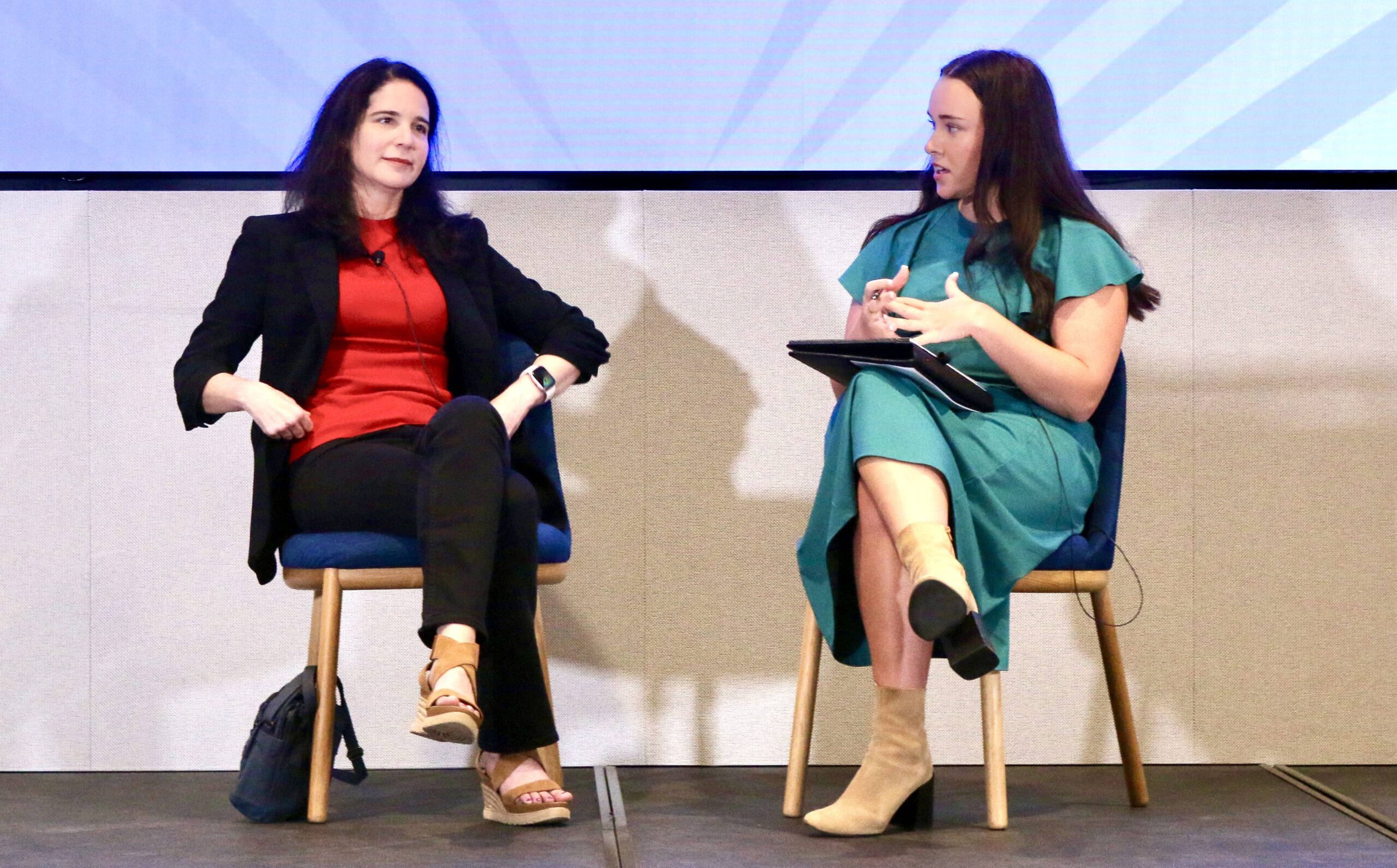Dr. Eve Cunningham, Chief of Virtual Care and Digital Health at Providence, highlighted several pressing issues faced by health professionals today during her interview at the INVEST Digital Health conference. As an OB-GYN specialist, she discussed the overwhelming nature of the Electronic Medical Record (EMR) system. Originally, patient charts comprised a mere folder with a few sheets of information—simple and concise. Now, with the advent of EMRs, a patient’s chart may contain up to 200,000 data points, according to Dr. Cunningham. This data deluge leaves primary care physicians particularly burdened, as they must be well-versed in every aspect of their patients’ health, not just one specialty area.
The challenges associated with managing such vast amounts of data lead to significant stress and anxiety among primary care physicians, who often opt to limit their patient loads as a coping mechanism. Dr. Cunningham noted that while the intention behind the expansion of healthcare data was to improve outcomes by enabling better insights, the effect has been somewhat paradoxical, pushing primary care doctors to a breaking point and driving them towards models like concierge medicine, where they can engage more deeply with fewer patients without the constant influx of EMR data.
In the conversation about the wider scope of healthcare, Dr. Cunningham emphasized the necessity of integrated care networks. She critiqued the failure of standalone primary care setups envisioned by companies like Walmart and Walgreens, attributing their failures to a lack of integration with comprehensive care delivery models, which are vital for meaningful and effective medical practice.
Another key issue discussed was the partnership between health systems and virtual care providers. While one might assume that delegating low-acuity conditions such as coughs or urinary tract infections to telemedicine services would alleviate the workload of physical clinics, Dr. Cunningham pointed out that such ‘simple’ cases provide necessary breaks from the intense cognitive load of managing more complicated conditions. Instead, she praised remote monitoring and chronic disease management programs that integrate with and support the work of primary care teams as being more effective in assisting day-to-day physician responsibilities.
Touching on the topic of telehealth, Dr. Cunningham argued against the notion that telehealth is dying. By referencing Providence’s successful deployment of telehealth in various specialized programs, such as teleneurology and teleICU, she illustrated how these services provide essential support to physical healthcare facilities, especially in rural areas. These programs help minimize unnecessary patient transfers and ensure that specialized care can reach those in need without the constraints of geographic location.
On the technological front, Dr. Cunningham acknowledged the potential of AI in healthcare but with caution. She described current applications as largely limited to administrative tasks rather than clinical decision-making, advocating for a model where AI supports but does not replace human judgment and expertise.
Furthermore, Dr. Cunningham stressed the importance of ‘tech equity’ in patient care technologies, emphasizing the need for simplicity in tools used by patients, particularly the elderly. Complex setups involving Bluetooth pairing or app downloads are considered impractical and likely ineffective.
In conclusion, Dr. Cunningham highlighted the overarching issue of “point solution fatigue” in her closing remarks, calling for strategic, integrated technological solutions rather than isolated tools that address only narrow aspects of healthcare. This approach promotes sustainability and efficacy in partnerships between health systems and tech developers, ensuring that the advances in digital health genuinely support the core goals of medicine and patient care.
#Takeaways #Fireside #Chat #Providences #Chief #Virtual #Care



